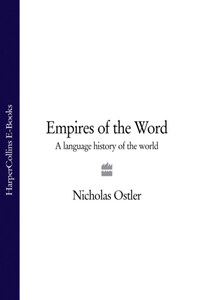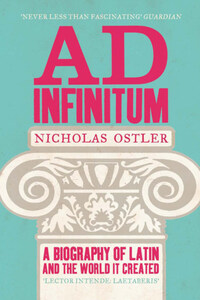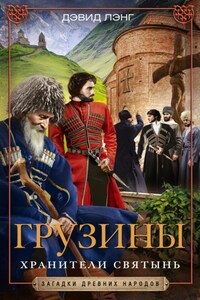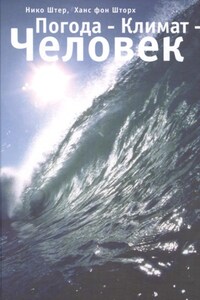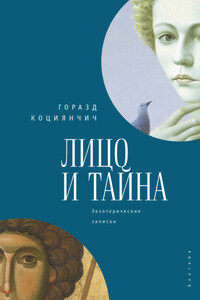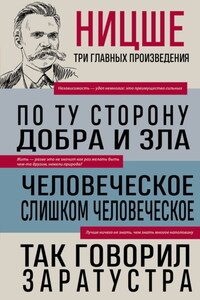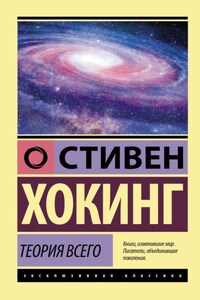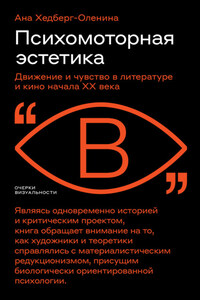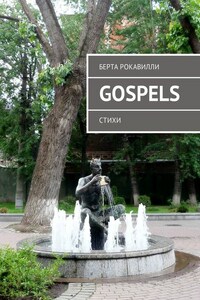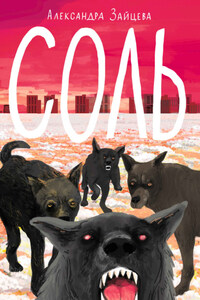The strength of a person is in his intelligence and his tongue.
(Arabic proverb)
If language is what makes us human, it is languages that make us superhuman.
Human thought is unthinkable without the faculty of language, but language pure and undifferentiated is a fantasy of philosophers. Real language is always found in some local variant: English, Navajo, Chinese, Swahili, Burushaski or one of several thousand others. And every one of these links its speakers into a tradition that has survived for thousands of years. Once learnt in a human community, it will provide access to a vast array of knowledge and belief: assets that empower us, when we think, when we listen, when we speak, read or write, to stand on the shoulders of so much ancestral thought and feeling. Our language places us in a cultural continuum, linking us to the past, and showing our meanings also to future fellow-speakers.
This book is fundamental. It is about the history of those traditions, the languages. Far more than princes, states or economies, it is languagecommunities who are the real players in world history, persisting through the ages, clearly and consciously perceived by their speakers as symbols of identity, but nonetheless gradually changing, and perhaps splitting or even merging as the communities react to new realities. This interplay of languages is an aspect of history that has too long been neglected.
As well as being the banners and ensigns of human groups, languages guard our memories too. Even when they are unwritten, languages are the most powerful tools we have to conserve our past knowledge, transmitting it, ever and anon, to the next generation. Any human language binds together a human community, by giving it a network of communication; but it also dramatizes it, providing the means to tell, and to remember, its stories.
It is not possible, even in a book as big as this one, to tell all those stories. Empires of the Word concentrates on the languages that, for one reason or another, grew out from their homes, and spread across the world. But even with such a stringent entry qualification, cutting the number of stories from many thousand to a couple of dozen, the remaining diversity is still overwhelming. In a way, there are so many tales to tell that the work is less a telling of a single story than a linguistic Thousand and One Nights.
We shall range over the amazing innovations, in education, culture and diplomacy, thought up by speakers of Sumerian and its successors in the Middle East, right up to the Arabic of the present day; the uncanny resilience of Chinese through twenty centuries of invasions; the charmed progress of Sanskrit from north India to Java and Japan; the engaging self-regard of Greek; the struggles that gave birth to the languages of modern Europe; and much later, the improbable details of how they were projected across the world.
Besides these epic achievements, language failures are no less interesting. The Western Roman Empire was thoroughly overrun by German-speakers in the fifth century. These conquests laid the basis for the countries of modern western Europe: so why did German get left behind? In Africa, Egyptian had been surviving foreign takeovers for over three millennia: why did it shrivel and disappear after the influx of Mu
ammad’s Arabic? And in the modern era, the Netherlands had ruled the East Indies for the same period that Britain ruled India: so why is Dutch unknown in modern Indonesia? Until such questions are answered, the global spread of English can never be understood.
On a cultural level, there is fascination too in the world-views that went with the advancing and receding languages. Ironies abound: Latin could make no headway with the sophisticates of the eastern Mediterranean, who spoke Greek and Aramaic, but it was quickly embraced by the illiterate peoples of Gaul and Spain. In the Americas, Catholic missionaries slowed for centuries the spread of Spanish, but in Asia, Evangelical Protestants turned out to be crucial to the take-up of English. We may as well admit at the outset that the mysteries of linguistic attraction and linguistic influence run deep: to tell the story is not always to understand it.
Nevertheless, I believe that the universal study of language history, of which this is a first attempt, is at least as enlightening and valid a focus for science as the more usual concerns of historical linguistics. It is as significant to compare the linguistic effects of the Roman and the Germanic conquests of Gaul as it is to compare the structures of the Latin and Germanic verbsystems—indeed just possibly one might throw some light on the other. Languages by their nature define communities, and so offer clearer units than most in social studies on which to base comparative analyses. Not enough attention has been paid to the growth, development and collapse of language communities through time, and the light these may shed on the kinds of society that spoke these languages. It is a received truth, for example, that in the Roman Empire the west was administered in Latin, the east in Greek, and the Greek administration lasted for many centuries more than the Latin: how surprising, but how revealing then, that when the time came for the defences to collapse and the Empire’s provinces to be overrun, Latin survived—and has never been replaced—but Greek largely evaporated within a couple of generations.
